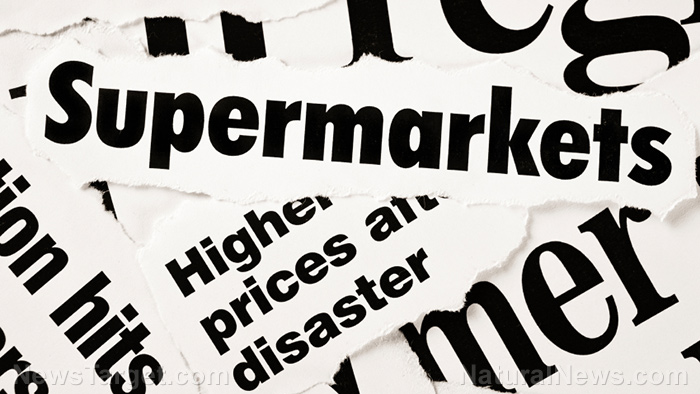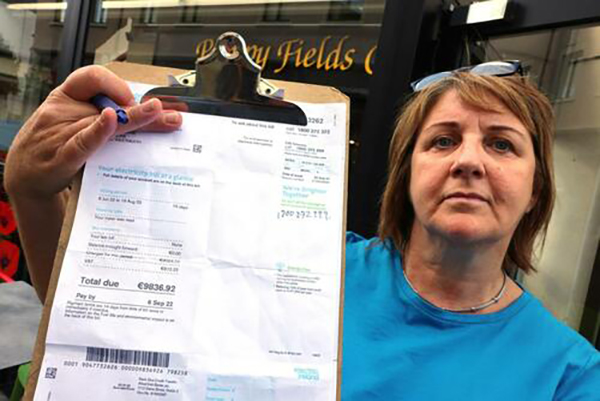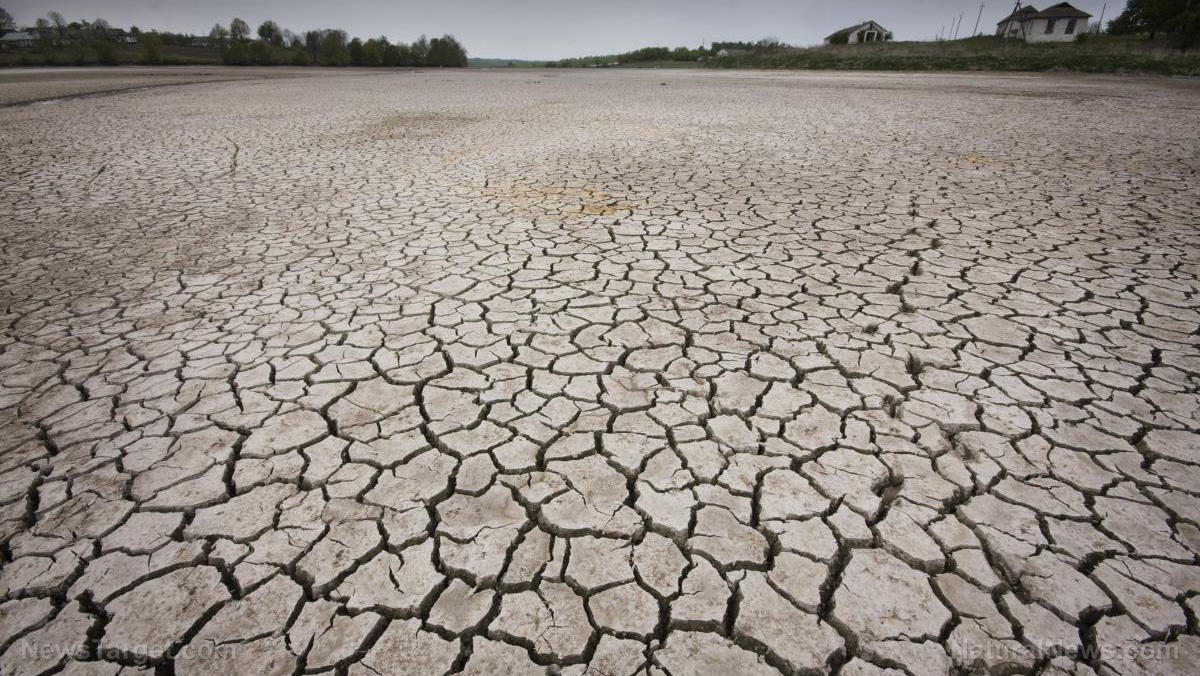Prices of wholesale goods in Germany post largest annual increase in 60 years
04/15/2022 / By Arsenio Toledo

Germany’s year-over-year wholesale prices for March surged, with the country experiencing its biggest increase since wholesale price indexes were first calculated 60 years ago.
This is according to the German Federal Statistics Office, known as Destatis, which recently released a report showing that wholesale prices of food, fuel and minerals increased by 22.6 percent in March compared with the same time last year, prompting fears of supply shortages and skyrocketing prices.
Destatis noted that this is the first report from Germany that shows the impact of Russia’s invasion of Ukraine and the country following in the footsteps of America and the rest of the West in imposing debilitating economic sanctions.
March’s wholesale price increase follows a similarly sharp 16.6 percent year-over-year increase in prices in February. Destatis claims the sharp rise was driven by inflated prices for raw materials and intermediate products, which caused a spillover effect in price increases, affecting almost the entire German economy. (Related: FOOD HYPERINFLATION begins in Germany… RIOTS in Sri Lanka… currency collapse and STARVATION coming worldwide.)
The price increase in wholesale trade of mineral oil products caused the largest impact on year-over-year wholesale prices, up by 70.2 percent compared to March 2021. This was followed by the annual increase in the price of solid fuels at 61.9 percent and then by metals and metal ores, with their prices rising 55.8 percent.
Compared to the previous month, Destatis recorded wholesale prices in March increasing by 6.9 percent. This is also the highest month-over-month rise in wholesale prices since Destatis started recording the calculations in 1962.

Investor faith in German economy dips as inflation continues to wreak havoc
A survey by an economic research institute showed that German investor sentiment dipped, as the effects of the inflation crisis and the fallout from the country imposing sanctions on Russia affected the German economy.
The Center for European Economic Research (ZEW), based in southwest Germany, showed that its economic sentiment index fell to minus 41 points, a decrease from minus 39.3 points at the beginning of March.
While still a decrease, the decline was not as massive as expected due to inflation being not as bad as in the previous month. Reuters believed ZEW would come out with a reading of minus 48 points in April.
“The ZEW Indicator of Economic Sentiment remains at a low level. The experts are pessimistic about the current economic situation and assume that it will continue to deteriorate,” said ZEW president Achim Wambach in a statement.
“The decline in inflation expectations, which cuts the previous month’s considerable increase by about half, gives some cause for hope,” he added. “However, the prospect of stagflation over the next six months remains.”
An index gauging how German investors feel about the current state of the economy fell to minus 30.8 points, from minus 21.4 points the previous month. The consensus forecast showed a reading of minus 35 points.
The ZEW’s data on the state of the German economy echoes other weak reports following the deterioration of Europe’s largest economy following the Russian invasion of Ukraine and the imposition of sanctions.
Last month, German business morale also plummeted as many companies were concerned the war and Germany’s reliance on Russian energy would drive up energy prices and cause further instability to their already vulnerable supply chains.
Also last month, the German government’s Council of Economic Experts slashed the country’s 2022 growth forecast by more than half to just 1.8 percent, which marked the country at substantial risk of experiencing a recession within a year.
In response to the potential economic collapse, the German government is planning an aid package of more than 100 billion euros ($109.08 billion) for companies.
“Germany is threatened with recession,” said Thomas Gitzel, chief economist for the Liechtensteiner bank, VP Bank. “Germany, with its export-heavy industry and dependence on intermediate goods from Asia, is without weather protection in a raging logistics hurricane.”
Learn more about the massive increase in the cost of goods all over the world at MarketCrash.news.
Watch this episode of the “Health Ranger Report,” as Mike Adams, the Health Ranger, talks about food hyperinflation in Germany.
This video is from the Health Ranger Report channel on Brighteon.com.
More related stories:
Global food prices surge to record highs; FAO warns of possible famine all over the world.
Food prices in Germany increase by 20-50% amid conflict in Ukraine.
Germany, Austria move closer to rationing gas supplies.
Production costs in Germany rise by record-breaking 25.9% due to ongoing energy crisis.
Anti-Russia xenophobia “could cause mass poverty in Germany,” warns government official.
Sources include:
Submit a correction >>
Tagged Under:
big government, Bubble, chaos, Collapse, economic crisis, economy, finance, financial crisis, Germany, Inflation, investor confidence, panic, price increase, products, risk, Russia, supply chain, Ukraine, Ukraine war, wholesale prices, World War III
This article may contain statements that reflect the opinion of the author
RECENT NEWS & ARTICLES
COPYRIGHT © 2017 COLLAPSE.NEWS
All content posted on this site is protected under Free Speech. Collapse.news is not responsible for content written by contributing authors. The information on this site is provided for educational and entertainment purposes only. It is not intended as a substitute for professional advice of any kind. Collapse.news assumes no responsibility for the use or misuse of this material. All trademarks, registered trademarks and service marks mentioned on this site are the property of their respective owners.





















